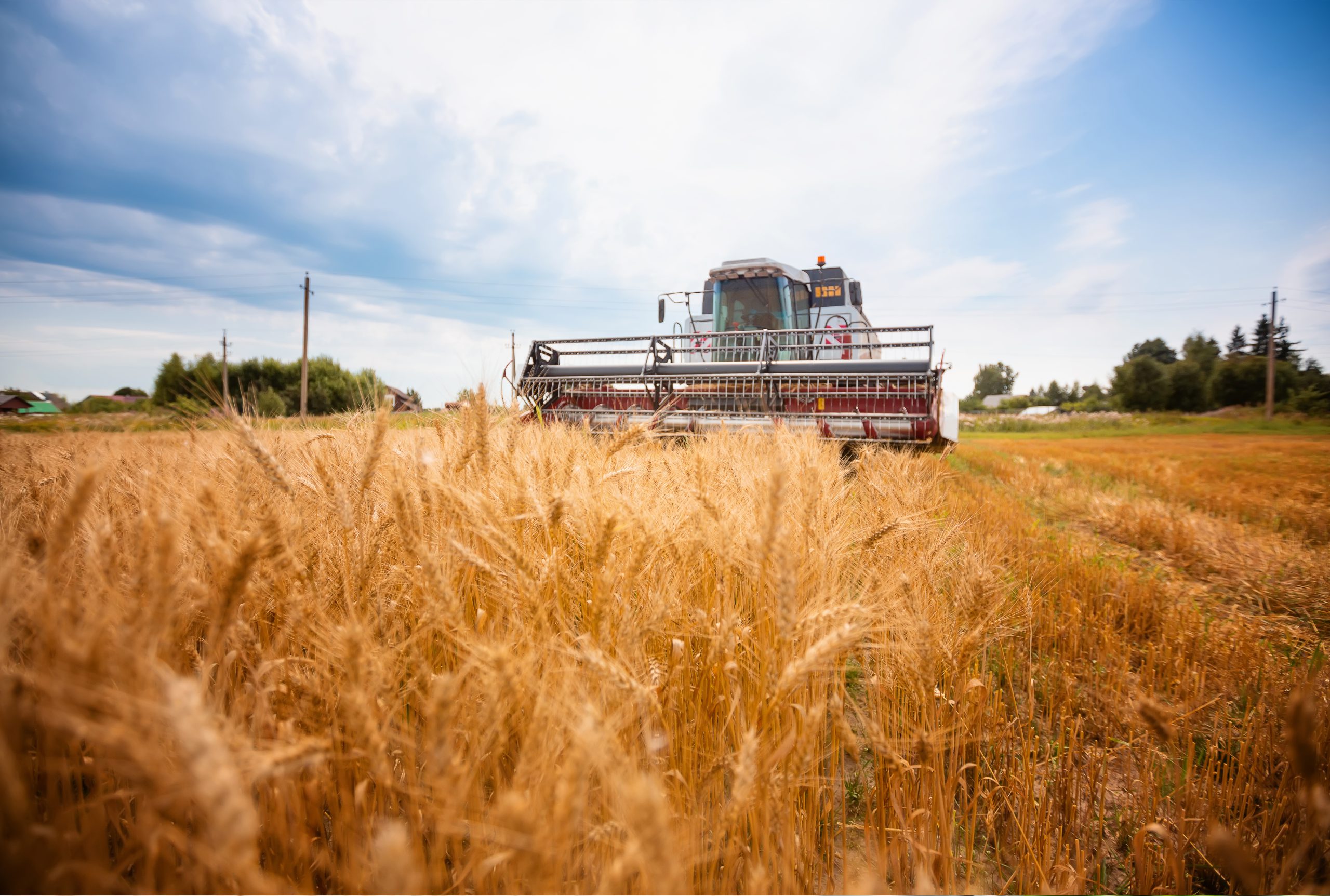
Heavy farm machinery is crushing soil health
Farm machinery has gotten bigger and stronger; their combined weight has been ten times more than before. Slowly but surely, these machines are crushing the soil health as they move over fields, making it difficult for plants to thrive and perhaps lowering harvests on worldwide crops in future decades based on recent studies in this field.
Modern farm machinery, at an average weight of 80,000 pounds (36,000 kilograms), is heavier than any animal on Earth (the African bush elephant, which has a maximum body mass of 8,000 kilograms). Tractors today are heavier than the heaviest dinosaurs, the sauropods, which weighed in at over 100 tons.
This problem is not very easy to handle. Having larger farm machinery can increase their power and efficiency, but the added bulk does not come without a price. The hefty object presses down on the soil, squeezing the air out and compacting the ground. Because of this, plant roots have a more challenging time growing and absorbing nutrients. Compacted soil is more vulnerable to flooding and erosion, both of which are becoming increasingly urgent worldwide.
Published data from the agricultural sector was collected by Thomas Keller of the Swedish University of Agricultural Sciences and Dani Or of the Desert Research Institute, and they found records dating back to 1958. To do this, they modeled the pressure exerted by the tires on the soil at different depths, considering agricultural equipment's wide range of loads.
The top 50 centimeters (1.6 feet) of soil have long been compacted in modern farming. Each new planting season necessitates plowing or tilling this topsoil. While soil compaction has always been an issue, Keller and Or argue that it is now significantly worse because soil below 50 centimeters is typically compacted beyond all safe limits.
As a result, crop yields may drop by 10% to 20%, and the effects of these shifts may persist for many years. To break up the dense soil, it may take organisms decades. Wherever huge, mechanical farm machinery is utilized in agriculture, the danger is greatest (with exceptions in some regions such as the western US due to higher soil strengths).
The researchers claim that the increased weight of agricultural gear indicates that designers may have overlooked intrinsic soil restrictions in their pursuit of greater efficiency, flotation, and traction. They recommended that future agricultural vehicles be built with these fundamental soil mechanical constraints in mind to prevent chronic soil compaction.
They also mentioned the usage of small farm machinery as a possible solution to these issues. Using ten smaller tractors operated remotely, we can accomplish the same work as one large tractor while causing far less damage to the soil.
Scientists at Shropshire's Harper Adams University have been using automated tractors, sprayers, and harvesters on their crops since 2016. According to Harper Adams researchers, farmers put in long hours, but they can't compete with the hard work of relentless robots, and robotics will help farmers cut costs in the long run.


